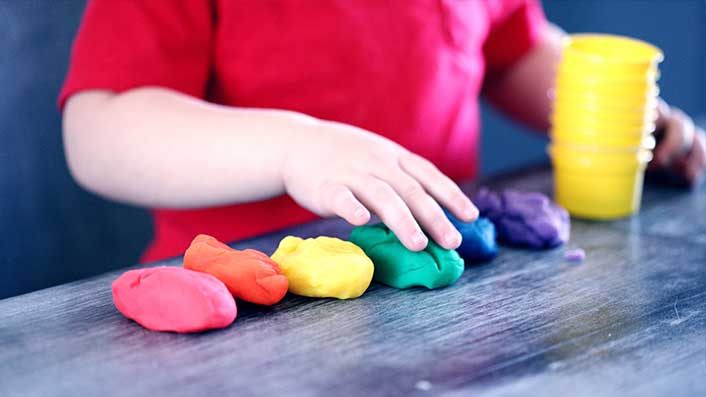After my last blog I’m hoping that you’re feeling a bit more confident about using storytelling to structure your early years PE lessons. If you’ve already started storytelling, please get in touch and let me know how it is going. Here are some steps you may like to take to help you prepare if you’ve not had a chance to implement it yet.
- Focus on age appropriate movements and language.
If you would like some guidance with this please visit www.onceapelesson.com
- Find a story you enjoy; this will help you tell the story better.
- Get all the FACTS together. Ask yourself the following questions and answer them while planning your lesson;
- How will you chunk the story and tell it in sections, allowing for activity in between?
- Which part of the story will lead to which movement tasks?
- How will you organise the students in to this story?
- Will students help you tell this story?
- What equipment will you need to help you tell the story and what equipment will you need for the students to complete the practical tasks?
- Are students going to be left with a problem to solve?
- What are the main physical developments you would like your students to make?
- Are there any special messages you would like to express during your lesson? For example, being kind / sharing / taking risks etc.
For more ideas on extra messages you can spread during your PE lessons, visit www.onceuponaprlesson.com
- This is an important one, which you will get better at with time; can you predict any questions which your students may ask about the game or the story?
It’s always good to have some answers in your back pocket. Although some questions will catch you completely off guard, this is where the creativity begins.
As you get used to this process you can start sharing the stories and games between classes, adding slight progressions for different levels and maybe use similar games but different stories. Do not feel guilty for repeating games. Students won’t mind at all and learning is maximised through repetition. As the age old maxim goes, “Repetitio est mater studiorum” (Repetition is the mother of learning).
Trust me, planning will become easier and your confidence in telling stories will grow.
Many people struggle to decide which stories to tell. You could think back to which stories you enjoyed as a child. If you work internationally, you could research the culture you teach in to see if there are any well-known stories you can use. Personally, I like to collaborate with the class teacher to see which stories they are teaching in class and for how long, I can then incorporate the same story in my lessons and tailor activities to fit.
I hope the points have helped you. If you have any different ideas or if you have any feedback on the ideas which I have shared please email me at rachel@onceuponapelesson.com
I would love to hear your ideas and feedback as together we can maximise the learning and enjoyment which takes place during early years PE lessons!




